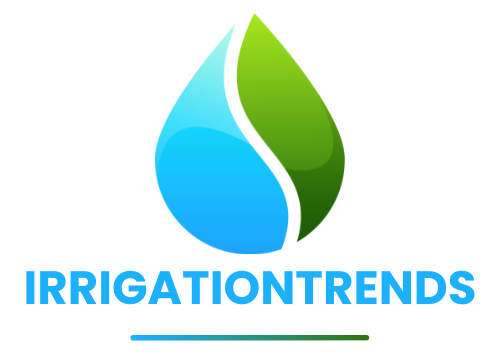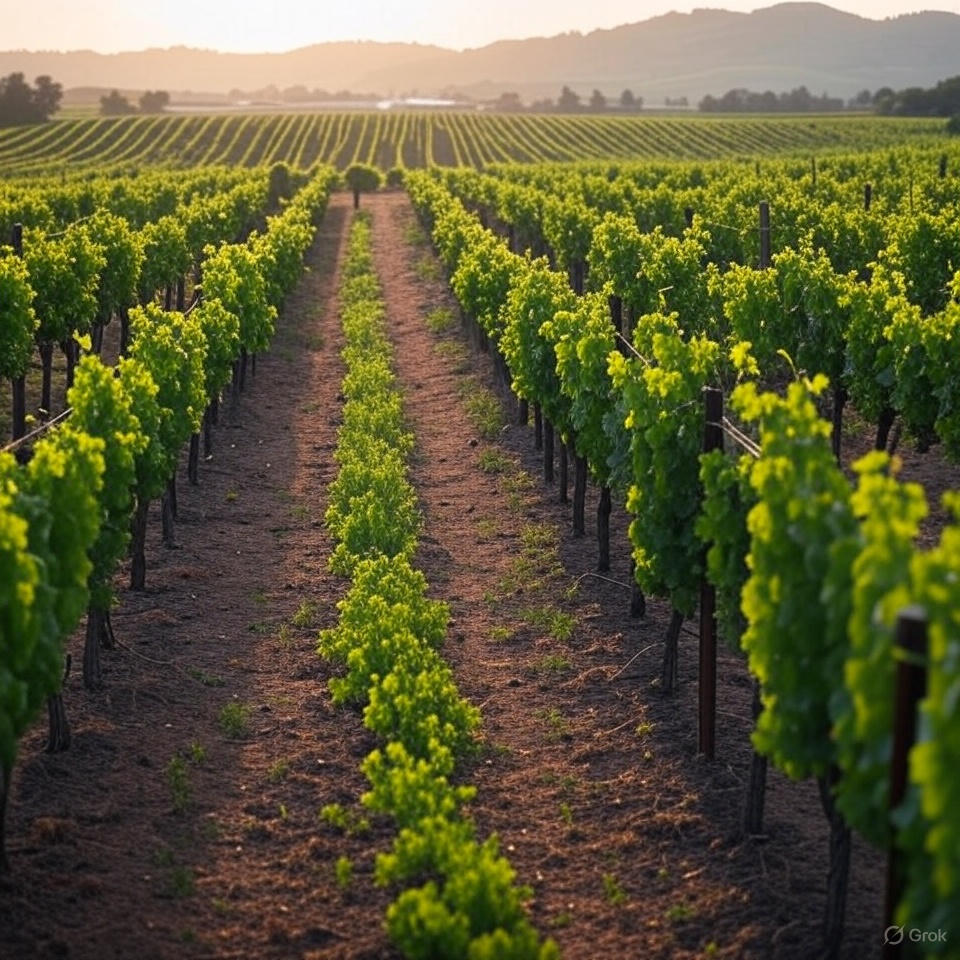The world of winegrowing is constantly evolving, and as climate challenges intensify, the need for innovative solutions in irrigation has never been more crucial. Precision irrigation techniques are gaining traction among viticulturists, and at the heart of this shift is the integration of smart valves. These advanced tools are revolutionizing the way winegrowers manage water distribution, ensuring crops receive the right amount of moisture while enhancing sustainability and confidence in their practices.
The Importance of Precision Irrigation in Viticulture
Water management is a key factor in the success of grape cultivation. Traditional irrigation methods often lead to over or under-watering, causing detrimental effects on vine health and wine quality. Precision irrigation addresses these challenges by utilizing data-driven approaches to water application. This method results in significant benefits, including:
- Optimized water usage
- Improved vine health
- Increased crop yield and quality
- Reduced environmental impact
By closely monitoring soil moisture levels and atmospheric conditions, winegrowers can tailor their irrigation schedules to the specific needs of their vines, fostering stronger and healthier grape production.
What are Smart Valves?
Smart valves are a critical component in the precision irrigation toolkit. These technologically advanced valves are designed to be automated and monitored, allowing winegrowers to control water flow with unparalleled accuracy. Equipped with sensors and integrated into irrigation systems, smart valves offer numerous advantages:
- Real-time monitoring: Smart valves provide instant feedback on soil moisture and weather conditions, allowing immediate adjustments to water flow.
- Remote access: Growers can manage their irrigation systems from anywhere, ensuring peace of mind even when not on-site.
- Data analytics: The ability to collect and analyze irrigation data helps in making informed decisions for future irrigation systems.
Building Confidence in Winegrowers
One of the significant challenges in implementing new technologies is the hesitation that comes with unfamiliarity. Smart valves alleviate this concern by enhancing not only the efficacy of irrigation practices but also the confidence of winegrowers. With features such as:
- Automation: Reduces manual labor, allowing growers to focus on other critical vineyard activities.
- Consistency: Provides reliable water distribution, promoting uniform vine growth.
- Emergency alerts: Detects issues such as leaks or blockages, prompting swift action.
By ensuring consistent performance and providing real-time feedback, smart valves empower growers to make data-informed decisions, igniting their confidence to embrace modern viticulture practices.
Implementing Smart Valve Systems
Transitioning to a precision irrigation system with smart valves involves several steps:
- Assessment: Evaluate the vineyard’s current irrigation setup and identify areas for improvement using smart technology.
- Infrastructure installation: Install smart valves and necessary sensors throughout the vineyard for optimal coverage.
- Training: Equip staff with the knowledge and skills to seamlessly integrate the new technology into existing practices.
- Continuous monitoring: Utilize data analytics to refine irrigation practices, ensuring sustainability and efficiency.
Case Studies: Success Stories of Smart Valves in Winegrowing
Numerous winegrowers have already embraced smart valve technology with resounding success. For instance:
- Case Study A: A winery in California reported a 30% reduction in water use after implementing smart valves, without compromising vine health.
- Case Study B: A vineyard in Australia increased grape quality significantly, resulting in improved product ratings, thanks to precise water management.
These examples highlight the transformative potential of smart valves in achieving sustainable and successful wine production.
The Future of Winegrowing with Smart Technology
The future of winegrowing is undeniably intertwined with technological advancements. As climate change continues to pose challenges, the adoption of precision irrigation practices and smart valve systems will be crucial in enhancing the resilience of vineyards across the globe. Innovative solutions are paving the way for a more sustainable and efficient approach to viticulture, ensuring that winegrowers can rise to meet the demands of both consumers and the environment.
Conclusion
In summary, the integration of smart valves within precision irrigation systems is revolutionizing the winegrowing landscape. By providing actionable insights and efficient water management, these tools empower winegrowers with the confidence they need to adapt to changing conditions and maintain high-quality grape production. As the industry continues to evolve, the embrace of smart technology in irrigation will be a defining factor for the sustainable future of winegrowing.


